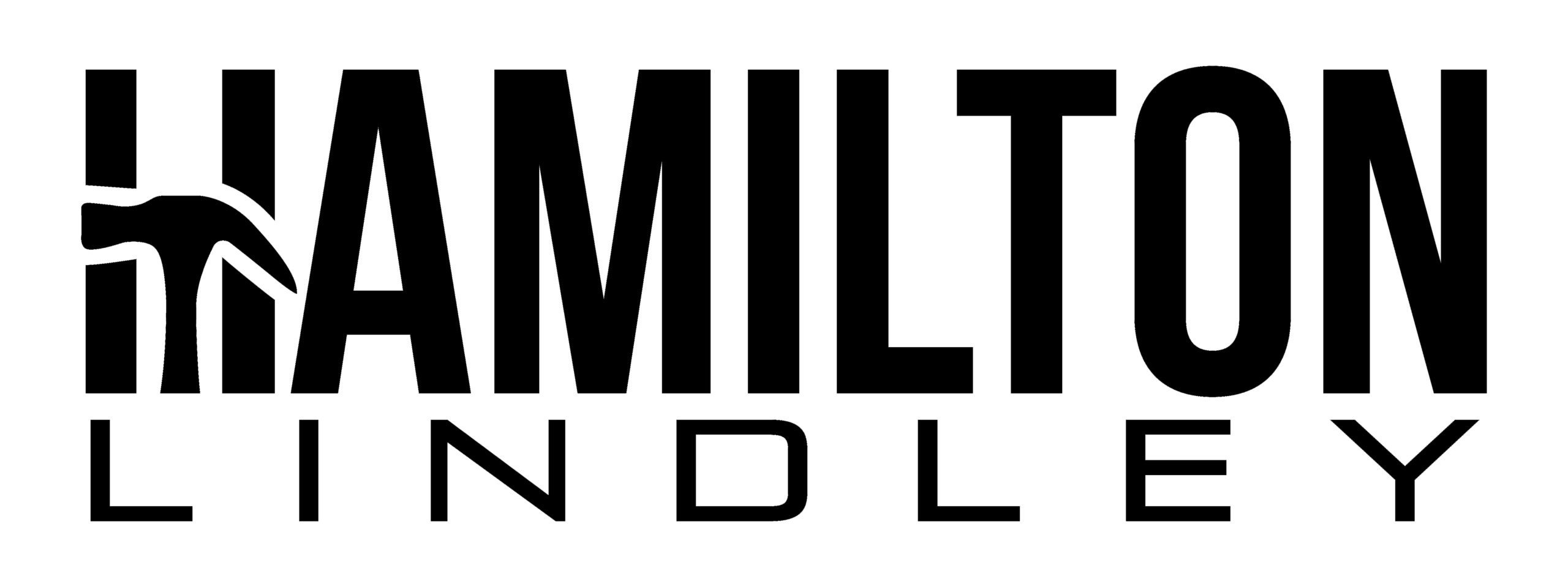Teammates said a coworker wasn’t open to new ideas, so I told her about it. It made her sad and defensive. She listed the new ideas she implemented, but my feedback wasn’t helpful. It only made things worse.
Later, I saw the issue during a meeting. I shared my observations with her, focusing on a positive insight she provided for a new project. I asked how she felt proposing ideas when someone seemed disinterested. I pointed out she did the same. We discussed the kind of meeting environment she wanted, and she started being more open to new ideas. The team noticed, and we praised her.
Feedback is meant to help people improve, but it often ends up making them defensive. Negative feedback focuses on flaws and weaknesses, hindering improvement. Instead, a four-step process can help:
Change your mindset from critic to ally:
- Show you care, have faith, and are committed.
- Empathize, exude confidence, and seek permission.
Choose an energizing future:
- Focus on the desired outcome, not the problem.
- Ask what they hope to achieve.
Look for an overlooked opportunity:
- Instead of fixing the problem, explore its positive aspects.
- Find ways the challenge can contribute to the desired outcome.
Make a level-10 strategy:
- Guide them in creating an action plan.
- Ensure commitment and continuous improvement.
Correctly given feedback can help identify blind spots and areas for improvement when part of a genuine growth and development process.

